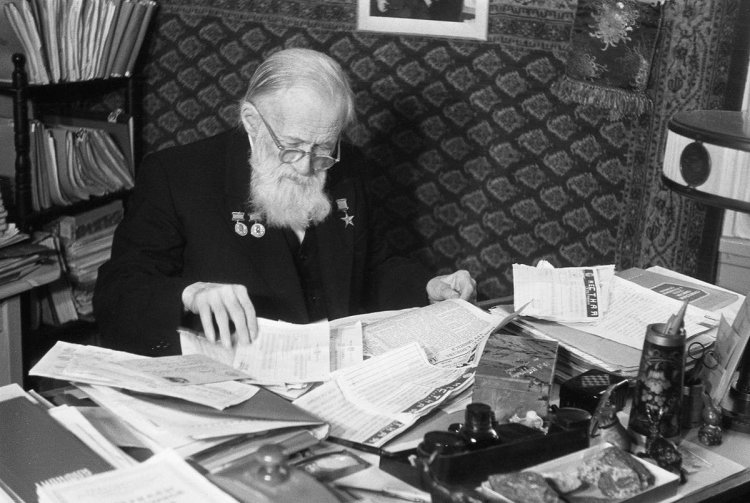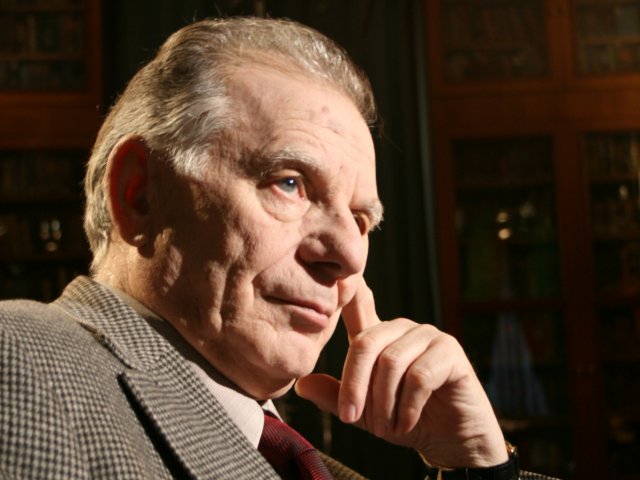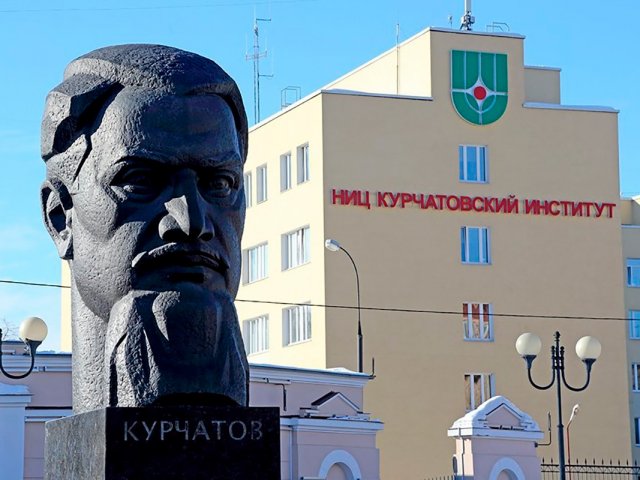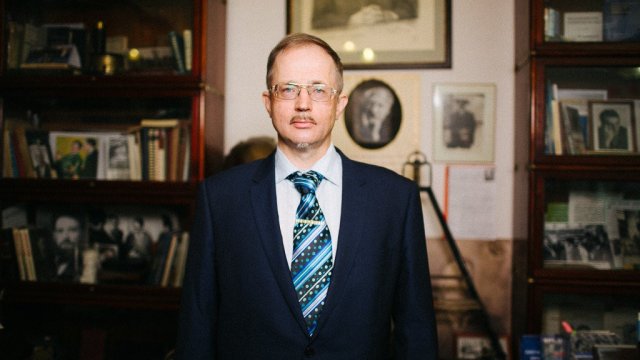Official:
Vladimir Afanasyevich Obruchev. September 28 (October 10), 1863 – June 19, 1956. Russian and Soviet geologist, geographer, writer, and science popularizer. Academician of the USSR Academy of Sciences, Hero of Socialist Labor, laureate of two 1st Degree Stalin Prizes. Told the audience about Sannikov Land.
Life and Work:
1. A mountain range in Tuva, a mountain in the upper reaches of the River Vitim, an oasis in Antarctica, and a seamount in the Pacific Ocean are named after Vladimir Afanasyevich. But the best-known object is a land named after a completely different person. Geologist and geographer Vladimir Afanasyevich Obruchev is famous as the author of the Sannikov Land novel.
2. However, Vladimir Obruchev also published a lot of purely scientific books. It is worth mentioning the three-volume Geology of Siberia and the five-volume History of Geological Exploration of Siberia. The result of Obruchev’s numerous expeditions across the steppes of the Transcaspian region, Mongolia, Northern China, the gold-bearing regions of Siberia, Transbaikalia, Altai, Dzungaria is hundreds of scientific works.
3. Military career was revered in the Obruchev family. His great-grandfather was building military fortresses on the western borders of Russia, his grandfather Aleksandr Afanasyevich rose to the rank of the general. The future scientist was born in his grandfather’s estate of Klepenino, Rzhev, Tver province, on the banks of the Volga.
4. The military affairs of his father, Afanasy Aleksandrovich Obruchev, a staff officer, made the family to move frequently. Vladimir Obruchev went to progymnasium in Brest, gymnasium in Radom, Poland, and graduated from real school in Vilno. At home, Obruchev was taught German and French and encouraged to read books about traveling.
5. Great scientist Sechenov was the husband of Obruchev’s aunt. Maria Aleksandrovna was an outstanding person too: she is considered the first female ophthalmologist in Russia. Communication with relatives had a significant influence on young Obruchev, fostered his interest in reading and science.
6. His aunt Maria Aleksandrovna and mother Polina Karlovna, the daughter of a pastor from Revel, were engaged in literary activity too. This fact played a role in Obruchev’s fate: he became a prominent writer and wrote one of his first works, Siberian Letters, together with his mother. In this book, the scientist described what he had seen during his Siberian expeditions.
7. After graduating from Vilno Real School, Obruchev went to Saint Petersburg – to enter the renowned mining institute. Then, shortly after receiving his diploma, the young geologist went on an expedition to Central Asia. He returned with triumph: he explored the Beishan Highlands, discovered several ridges in Nan Shan.
8. Obruchev devoted many years to teaching, but even before that he had participated in designing the Trans-Caspian and Trans-Siberian railroads.
9. The Scientific and Technical Library of Tomsk Polytechnic University is named after Obruchev, and this is no coincidence: Vladimir Afanasyevich was working for many years at Tomsk Engineering Institute – the name of TPU at that time, and was the first dean of its mining department. In 1912, the patience of local officials in the education sector ran off, and the scientist having the reputation as a freethinker was offered to go to another institute.
10. The world-renowned scientist was left out in the cold: there was no institute for him, while universities required a doctor of sciences diploma. Thus, Obruchev got free time to study literature and began to write his novel Plutonium.
11. After the 1905 Revolution, Obruchev joined the Constitutional Democratic Party. The 1917 Revolution made the scientist resume teaching: first he was a professor at the Taurida University in Simferopol and later – at Moscow Mining Academy. Obruchev wrote a couple of textbooks: Field Geology and Ore Deposits.
12. In 1930, at a meeting of the Physical and Mathematical Sciences Department of the USSR Academy of Sciences, Academician V.A. Obruchev was elected as the First Director of the Geological Institute of the USSR Academy of Sciences. In the same year, middle-aged Obruchev was appointed Chairman of the Commission on Permafrost Studies. Later, the Commission turned in the Committee, and in 1939 it became the Institute of Permafrost Studies of the USSR Academy of Sciences. Obruchev remained the Director of INMERO till his last days, and it is noteworthy that the institute was named after the scientist during his lifetime.
13. Obruchev began to write stories and poems while he was a student. His early novels and stories did not become very popular, but Plutonium and Sannikov Land are rightfully referred to as the first Soviet science fiction novels.
14. Vladimir Afanasyevich’s children and grandchildren also became geologists.






















